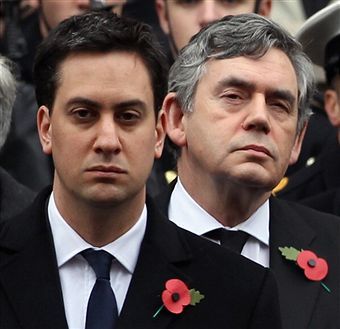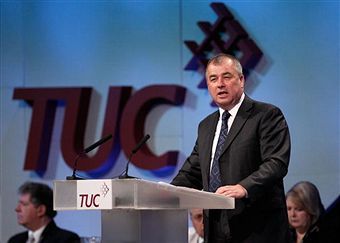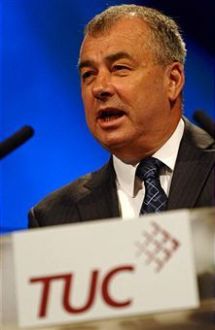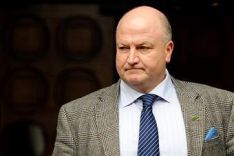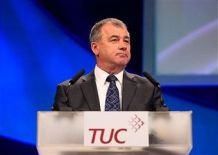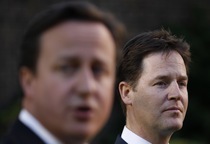Ed Miliband needs to make some noise
Today’s press will not have made happy reading for Ed Miliband and his supporters. Alan Johnson’s comments to The Times about the need to change the way Labour elects its leader has revived the debate about the legitimacy of Ed Miliband’s victory. Meanwhile in the New Statesman there’s a piece setting out the internal tensions within the party. Intriguingly, Lisa Tremble, who was David Miliband’s press chief during his leadership campaign, has put what could be considered a rather provocative quote on the record. She tells the magazine, ‘David’s rediscovered his excitement in politics…He’s looking forward to the new challenges. He’s not going anywhere.’ As I say in the new
